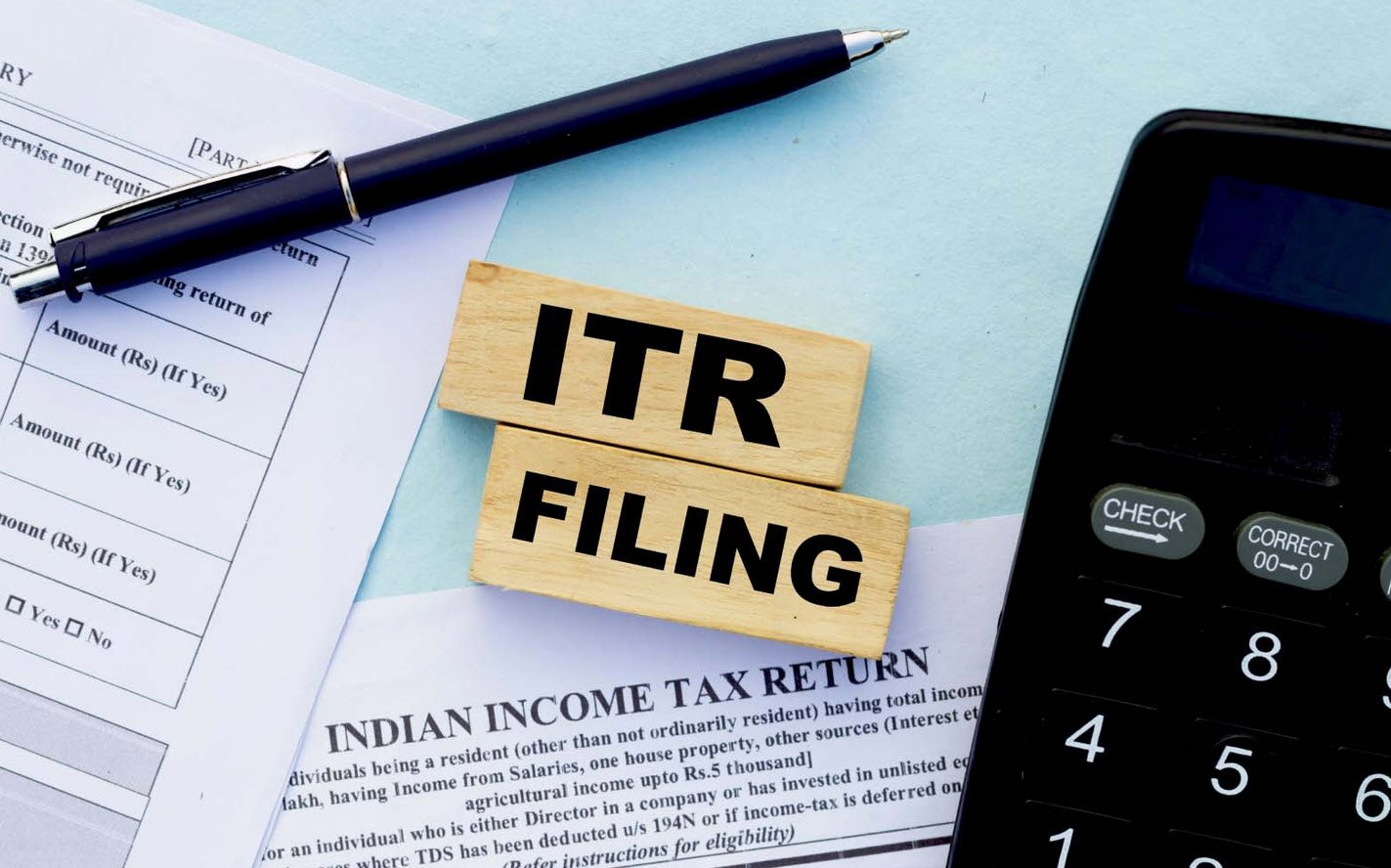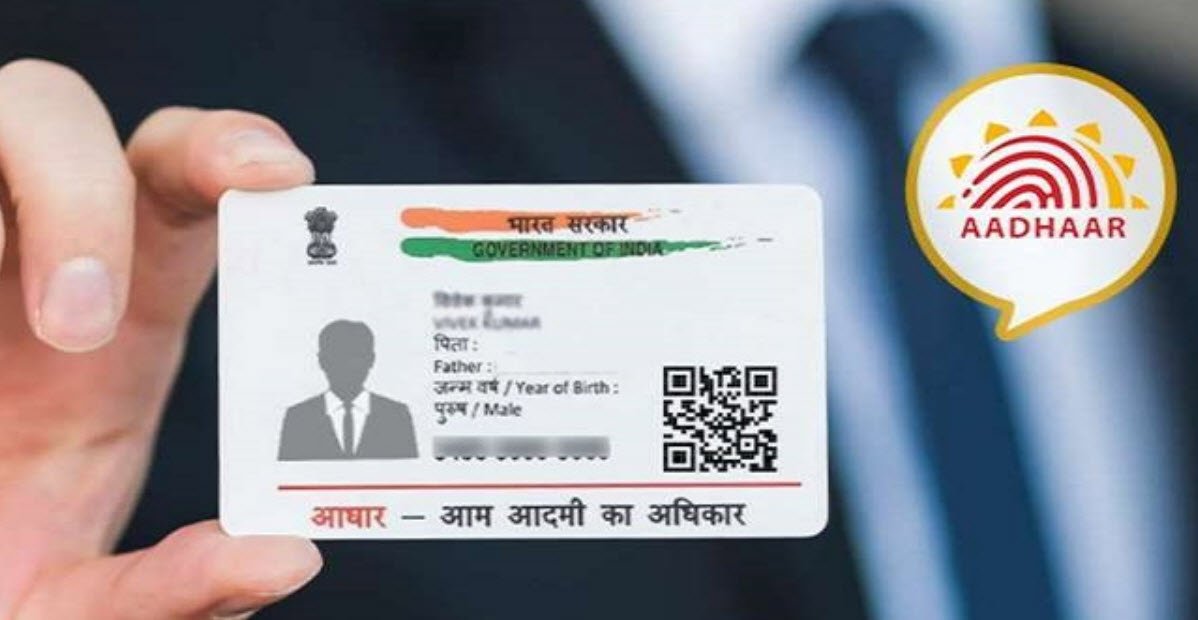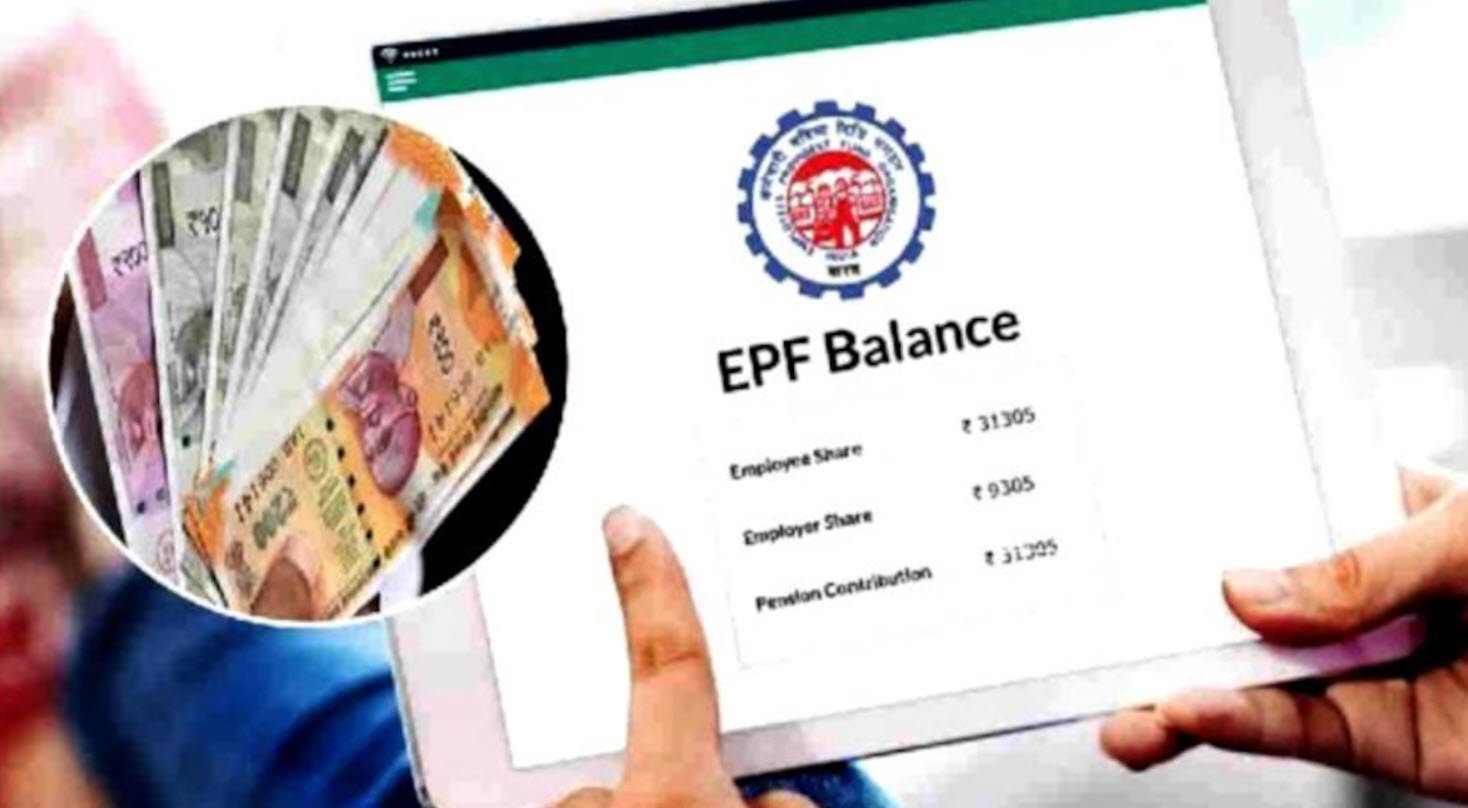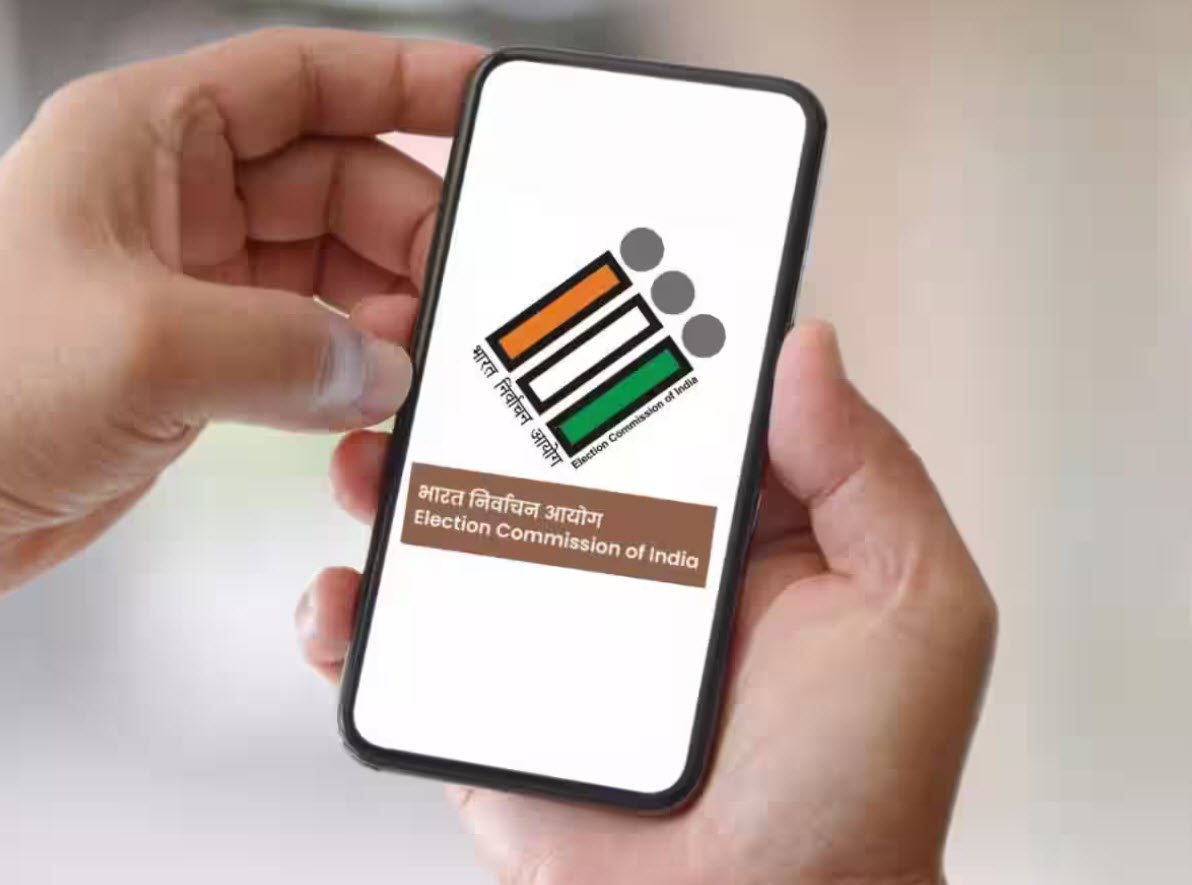
Recruiters, Corporate HR screeners, and hiring executives like telephone interviews because they save time and money. They are fact-finding missions. You can slice through more candidates and shorten your list of potential hires through targeted questions on the phone much faster and at far less cost than you can in person.
For example, a recruiter can zip through a dozen candidates easily, taking the calls on a speaker phone and writing notes on a grid sheet that will allow a stack ranking of the candidates later. This can be much easier and less pressured than interviewing in person.
Also Read: The Five Steps of an Interview
The phone interview allows companies to keep everyone at a distance until they are ready to establish relationships with a few select finalists. In a tight job market its use increases dramatically because a high volume of resumes overwhelms companies. Many HR departments have been outsourced or downsized to minimum staffing levels and lack the time to deal with this problem. The phone interview has become another shortcut to the bottom line.
- Executive recruiters want to determine as quickly as possible if you are the right candidate. Recruiters sometimes call hundreds of people while conducting a search. They probably will ask a few targeted questions to see if you possess the four or five must-haves that place you in their search universe. You may have impeccable credentials and an impressive background, but if you don’t have what they want, you may be out. It’s a tough concept to grasp. Sometimes it’s not that you are not qualified; indeed, you may be overqualified managerially. Sometimes you’re just not qualified in the right way.
- The phone interview is the first of many filters you must pass through. It may be followed by another phone interview. It is not unusual to go through multiple interviews and then subsequent phone interviews with senior management before an offer comes through. Be prepared to have multiple phone conversations with the search firm before being presented to the client.
- Corporate recruiters phone-interview potential candidates to save time. While these screeners (or gatekeepers) are not the final decision makers, they can end your candidacy. They may spend more time on the phone with you than will a third-party recruiter because they are corporate insiders and not only will want to check job fit but also will try to assess your cultural fit.
It is common for executives to solicit feedback on a candidate from their staff. Even the temperature reading that an administrative assistant offers is huge. You need to sell everyone you speak with. When you hang up from a call with a corporate screener, you want the screener to run to the hiring manager and say, You have to see this person.
When hiring managers conduct phone interviews, they may have a serious interest in you and want to validate an initial instinct before meeting you.
A phone interview by one or more of them represents the final check before they bring you in for a day of meetings. They will be seeking assurance that you fit the job and the culture. You need to resonate with them. The phone meeting may even be brief, perhaps while they are waiting for a flight or a rental car. Be prepared for a conversation that may be very focused, specific, and short. It probably will be more pointed than the screening call and will sport more street-smart questions. Expect the conversation to be direct and very real-world.
Phone interviews place the interviewer and the candidate alike at a disadvantage. Unless a job is totally uninteresting to the candidate, most of the decision power to go to the next step belongs to the interviewer, and the burden of selling rests primarily with the candidate.
Suggested Read: Top Reasons You Want To Research The Company Before Applying Job
If during a phone interview you feel that an interested hiring manager is unsure about buying you a plane ticket for an in-person interview, you may suggest a video conference interview as an interim step. Many companies are turning to this method and their own videoconferencing equipment.
Here are some telephone tips:
- Be up front with the person on the other end of the line. Feel free to begin the conversation with something like, I know we are unable to see each other, and this may pose a challenge as we proceed. If I say something that requires clarification or may be misinterpreted, please let me know.
- Keep your list at your fingertips. If you have an interview, you must have your list of questions about a company handy, spread out for quick reference. When you are asked about your top three whatever, get excited. You have them spelled out in front of you. Pause and then slowly and naturally reference the bullet points you have scripted out. For this reason, phone interviews should be easy.
- Use a cordless phone or headset. Be sure to ask the person on the other end of the line if he or she can hear you clearly. Then walk around and be animated. Remember, the person on the other end must feel your energy. If you walk and are animated, your energy level will be enhanced, and you’ll come across as more vibrant and enthusiastic.
- Many people have cell phones as their primary phone or only phone. You need to make sure you have excellent cell coverage. A headset on the phone is a great idea, but test it with someone to ensure there is no delay. With cheap headsets there often is a delay or breakup. A cordless landline is your best option if you can, and if it has a good-quality speakerphone, that is good too. That way you can move around a little to muster up energy. Most cheap phones have poor speakerphone microphones, so test that in advance.
- Listen and mirror the auditory style of the person on the other phone. If the interviewer speaks fast, you must also pick up the tempo of your pattern of speech. If the person on the other end of the line is speaking slowly and quietly, you must mirror that style. Listen carefully for choice words and try to use those words as well without overusing them. The key to telephone interviews is to replace the missing visual communication style with an effective auditory communication style.
- Ask questions. This technique makes sure the person on the other end is fully engaged. Use questions like, Does that make sense? and Am I clear, and have I fully answered your question? and Can I add anything else that would make this point more concise? Questions show you care about the person on the phone and keep you from rambling and losing the attention of that person.
- Don’t interrupt. The most irritating thing you can do and a sure way to screw up a phone interview is to interrupt the interviewer. Don’t interrupt the interviewer or break into a sentence no matter what. Allow the person to finish, and then you can respond. Be sure to keep a pen and paper handy so that you can write down ideas you want to address without interrupting. Then, when it’s your turn to talk, you can bring up the points you want to make without forgetting what you wanted to say.
- Keep your resume available and handy at all times. Be sure your resume and a value points checklist (messages that communicate your value to a prospective employer) are handy so that you can refer to them when needed. Be ready to provide examples of achievements and accomplishments with confidence and conviction. If the interviewer asks a question relating directly to your resume, you must have the resume handy to address the question quickly and energetically.
- Be friendly, upbeat, and positive. Talk with a smile in your voice and change the speed and tempo of your speech pattern so that you don’t come across as boring. Do not be a monotone communicator; that puts people to sleep. Stay positive and have a confident attitude throughout. Complete your sentences on the same high you began with; don’t let your words fall off so that they can’t be heard. In other words, be as energetic at the end of your sentences as you are at the beginning.
- Dress for success and control your venue. This may sound crazy, but the better you dress, even for a phone interview, the better you will perform. You will perform differently if you are interviewing in a three-piece suit than you will in your underwear. When you are interviewing on the phone, dress as though you were in front of the interviewer. Also, interview in a venue that inspires you. Again, you’ll interview better in your office or your library than in your kitchen. To be at the top of your interviewing game, you must look the part and be in an inspiring venue.
- Don’t ramble stay focused. This is easy to say but not so easy to do. When answering questions, be aware of the time it is taking you to answer them and stay focused on your primary point. If you are asked, Tell me what your greatest achievement was in your last job, keep the answer short and poignant: I significantly increased customer service standards by resolving customers’ problems and complaints, using my strong problem-solving skills. Would you like me to provide some recent examples? If you go on for 10 minutes giving the examples, you’ll be rambling and not be engaging the interviewer. A good guideline is 30 to 45 seconds in answering the average question. Beyond that, you’ll want to use technique 5 and ask questions while you are responding in depth to questions that require longer than 30 to 45 seconds to answer.
- Keep your vernacular tight. Finish your words and articulate them well. There is a difference between pronouncing the word hoping and saying hoping. There is a difference between saying the guys working under me and saying the employees I was responsible for . . .Select words with care and consistently work on improving your vocabulary.
- Be sincere but not desperate. Finally, show sincere interest but not desperation. At the end of the conversation ask the interviewer what he or she thinks the next step will be and its approximate time frame. If the phone interview does not lead to a personal meeting, try to analyze the call and look for ways to improve your presentation for the next one. If you lack the right skills mix, there is nothing you can do except move on. Remember that this is not personal and you are faring no worse than many other job candidates.
- How to File ITR Online – Eight Easy Steps for E-Filing Income Tax Return
- How to Apply for a Driving Licence Online
- How to Download an Interest Certificate from ICICI Bank
- 8 Key Things You Want To Know About Settling LIC Maturity Claims
- How To Retrieve Lost or Forgotten Aadhaar Number? Check Step-by-step Guide Now
- How to Check Your EPF Account Balance – Online and Offline Methods
- How to Check Your Name Online on Voter List – Lok Sabha Elections 2024
- Mastering the Art of Job Interviews – Tips for Success
- A Guide on How to Dress for a Job Interview
- Most Commonly Used Acronyms You Need To Know








